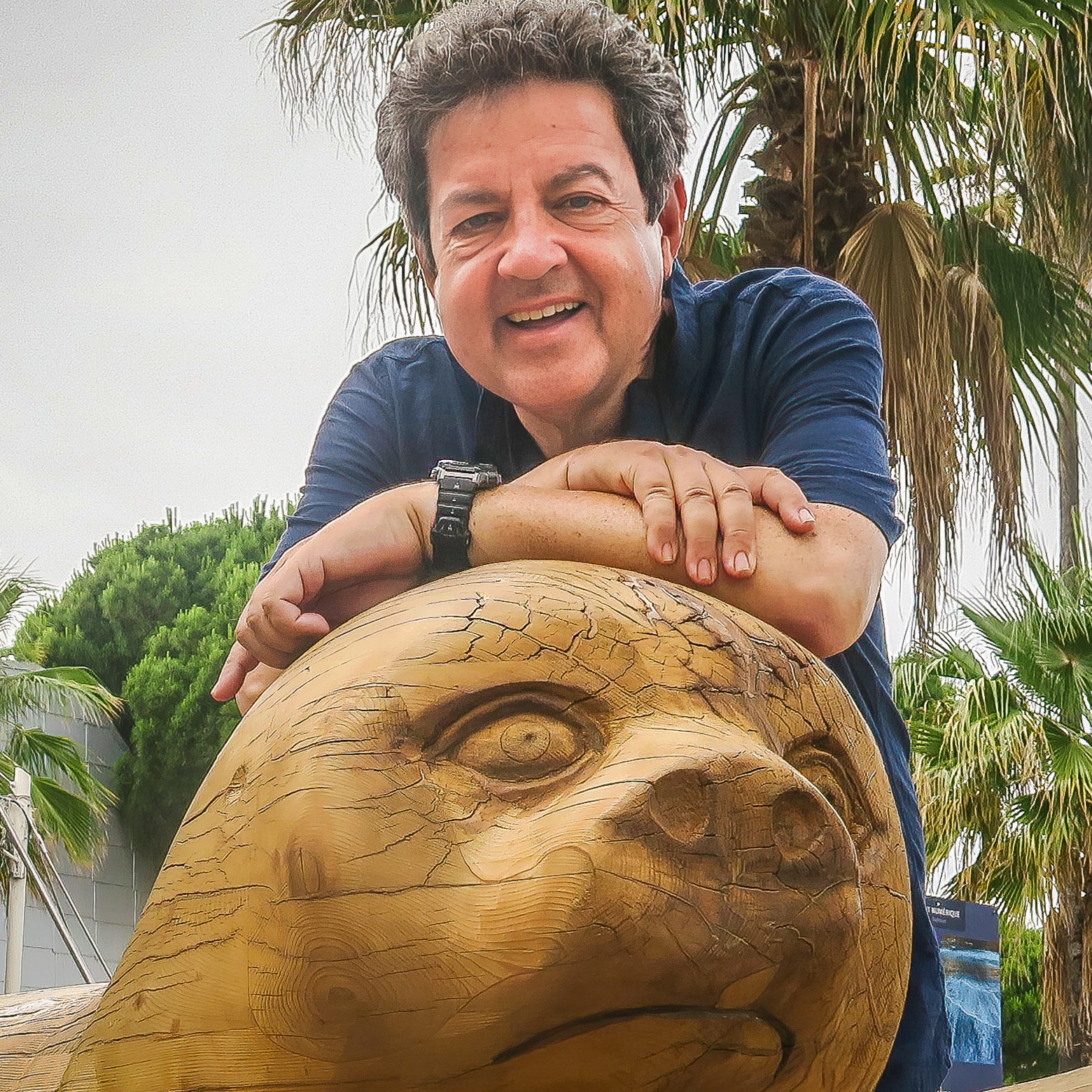
Tags: Andrew Trites, awards, blue whale, grey whales, Guadalupe fur seals, humpback whales, killer whales, manatees, marine mammals, MMRU, science communications, sea lions, seals, whales
Dr. Andrew Trites has won UBC’s President’s Award for Public Education through Media.

Dr. Rashid Sumaila and Dr. Andrew Trites received King Charles III Commemoration Medals.

Tags: British Columbia, climate change, ecosystems, Global Ocean Modelling, IOF students, ocean ecology, Salish Sea, Villy Christensen
Greig Oldford, PhD Candidate at the University of British Columbia’s Institute for the Oceans and Fisheries (IOF) recently co-developed The Hindcast of the Salish Sea (HOTSSea) to address gaps in historical observations.

Tags: Project Seahorse, seahorses
This Valentine’s Day, let’s dive into one of our ocean’s most enchanting love stories—about seahorses. These little romantics don’t just capture our hearts with their quirky looks; they also teach us powerful lessons about loyalty, partnership, and shared responsibility.

Tags: animal movement, foraging, IOF students, Marie Auger-Methe, movement ecology, pathogens, seagulls, SERG, student profiles
Shabnam is a third-year PhD student at the Institute for the Oceans and Fisheries (IOF) under the supervision of Marie Auger-Méthé. Her research focuses on the movement ecology, behaviour, and disease dynamics of Larus glaucescens (glaucous-winged gulls) within coastal and urban environments.

Tags: Amanda Vincent, citizen science, community, faculty, fisheries management, Florida, IOF Research Associates, IOF staff, iSeahorse, Miguel Correia, Project Seahorse, seahorses
“Harnessing Community Science for Seahorse Population Monitoring: Insights from the iSeahorse Program in Tampa Bay” was published in Aquatic Conservation: Marine and Freshwater Ecosystems. The study showcases the important role of community science in monitoring seahorse populations to support conservation efforts.

Tags: awards, biodiversity, food security, honours, IOF students, public health, Publications, Rashid Sumaila
Congratulations to Verena Rossa-Roccor (IRES) and Aleah Wong (IOF), winners of the 2025 Sumaila-Volvo Graduate Prize in Environmental Sustainability.

Tags: France, IOF students, marine ecosystems, Saint Pierre and Miquelon, Sea Around Us, student profiles
Anna is a second-year PhD student at the Institute for the Oceans and Fisheries under the supervision of Daniel Pauly. Her research focuses on understanding the fisheries and their impact on the marine ecosystem in the archipelago of Saint Pierre and Miquelon to infer relevant fishery regulations.

Tags: Arctic, Atlantic, biodiversity conservation, Brian Hunt, Canada, climate change, conservation, eDNA, fisheries management, IOF postdoctoral fellows, Loïc Jacquemot, Pacific, Pelagic Ecosystems Lab
The ability to detect the distribution of not only widespread, but also rare and endangered, species using eDNA allows researchers to identify critical habitats and biodiverse areas requiring protection.

Tags: Africa, Africa-UBC Visiting Fellows Program, awards, biodiversity conservation, conservation, East Africa, food security, food webs, honours, South Africa, West Africa
The Program is extremely pleased to announce the selection of its inaugural laureates: Dr. Cynthia A. Adinortey (Ghana) and Dr. Antony Otinga Oteng’o (Kenya).